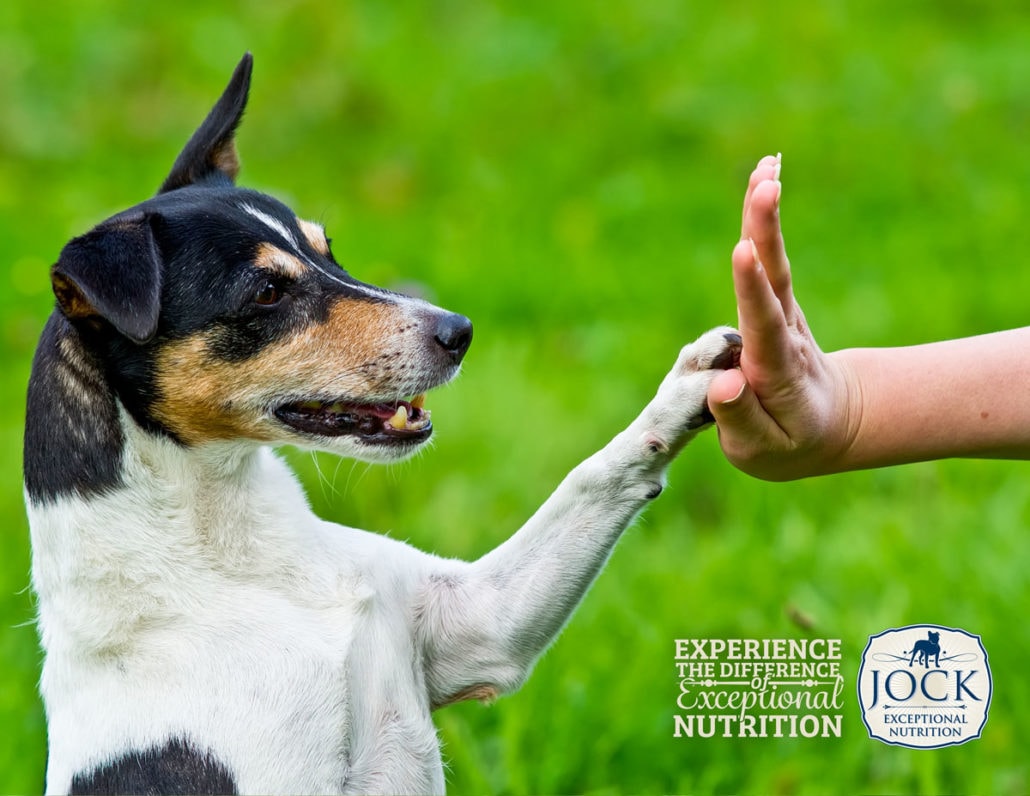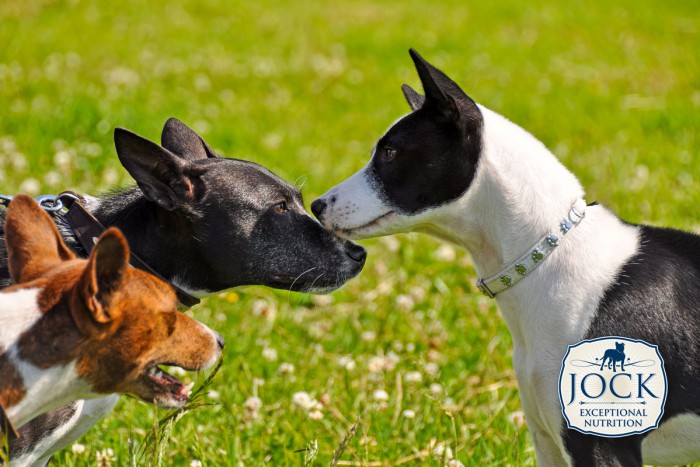Your dog’s personality and behaviour, to an extend, is determined by their breed and genetics. But that’s not where it ends. In fact, the most important factor is the training and socialisation they receive. Someone that knows all about this is our resident dog behaviourist, Lara Nobre. So we chatted to her about the importance of training and socialising your dog.
What is socialisation?
This is basically the process where a dog learns how to relate to people, other dogs and pets, and their environment. It is based on direct experience and starts at home when your dog is just a puppy – between 3 and 16 weeks old. Every positive experience encountered during this time, will leave a lasting impression on your dog and inform how it reacts to its environment and those in it in the future.
An on-going process
Although these first few months are very important for your dog’s socialisation, it doesn’t end there. During adolescence, which happens at around 4 months, dogs can become wilful and aggressive, much like teenagers. It is important to not forgo socialising during this time and to keep introducing your dog to new situations and different kinds of people; e.g. old, young, wearing sunglasses or hats, people with beards, etc. Taking your dog to a park is a great way to do this.
In the event that your dog is hostile towards other people and dogs during adolescence, training might have to be implemented to rid your pooch of unwanted, anti-social behaviours.
The importance of training
Much like socialisation, training can play an important part in how your dog behaves and is Training is beneficial to all dogs, especially larger breeds. Most experts agree that rewards-based training – where a dog is rewarded with a treat or affection for good behaviours – is the most effective and most enjoyable method for your dog. It also positively enhances the relationship between dog and owner.
Training is not a quick fix and does take time, patience and persistence to get right. Thankfully, it does not have a time limit and can be used to teach old and young dogs new behaviours and to unlearn unwanted ones. This is vital for a dog, because it helps it learn how to act within its family unit. In fact, untrained dogs are more likely to end up abandoned because their owners have not curbed unwanted behaviours or didn’t know how to.
A trained dog is a happy dog
Most dogs actually enjoy having a leader and being told what to do. Training your dog is the best way to establish yourself as the alpha of the pack and to set boundaries. This earns you automatic respect and obedience from your dog. Training also stimulates your dog mentally and rids them of excess energy, which can also curb bad behaviour.
Obedience training and socialising your dog truly benefits both parties. A dog that knows how it should behave in different situations is a happy, calm and confident dog. And it’s a pleasure to own too, because you can take it anywhere without fear of it being a nuisance or safety risk to others.


